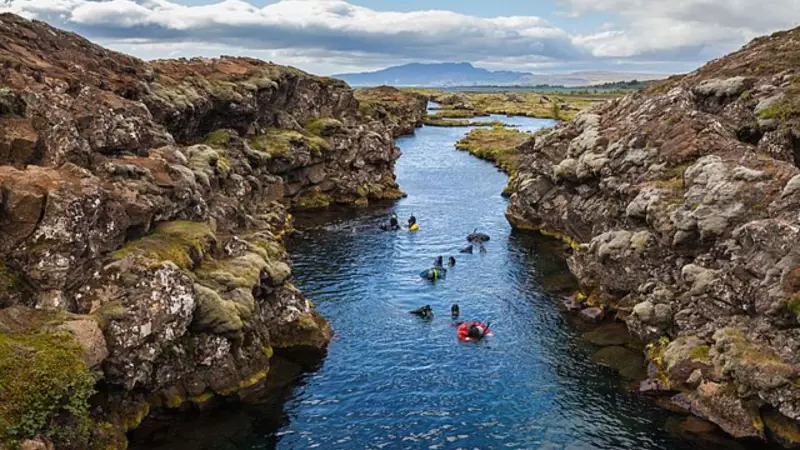
In a startling environmental development that has scientists concerned, Iceland has reported its first-ever sightings of mosquitoes following an extraordinary heatwave that shattered temperature records across the nation.
The Icelandic Institute of Natural History confirmed these unprecedented sightings, marking a significant shift in the country's ecosystem that was previously considered mosquito-free due to its harsh climate conditions.
The Heatwave That Changed Everything
This summer, Iceland experienced temperatures soaring to unprecedented levels, creating the perfect breeding conditions for mosquitoes that typically cannot survive in the country's normally frigid environment. The record-breaking warmth provided the necessary conditions for mosquito eggs to hatch and thrive.
What makes this particularly alarming is that Iceland was one of the few places on Earth that had naturally avoided mosquito infestations. The country's unique climate patterns and frequent freezing temperatures had historically prevented these insects from establishing populations.
Scientific Community Reacts
Researchers and environmental scientists are closely monitoring the situation, concerned that this could signal permanent changes to Iceland's delicate ecosystem. The appearance of mosquitoes represents more than just a nuisance – it's a clear indicator of how climate change is reshaping environments even in the most unexpected places.
"This isn't just about dealing with insect bites," explains one environmental researcher. "The presence of mosquitoes could potentially introduce new diseases, disrupt local wildlife, and alter the entire ecological balance that has existed for centuries."
Broader Implications for Arctic Regions
The mosquito sightings in Iceland serve as a warning sign for other northern regions experiencing rapid warming. Similar patterns have been observed in other Arctic and sub-Arctic areas where rising temperatures are enabling species to expand into territories previously inaccessible to them.
This development raises crucial questions about:
- How quickly ecosystems can adapt to rapid climate changes
- The potential health implications of new insect populations
- What other species might follow as temperatures continue to rise
- The long-term impact on Iceland's tourism and outdoor industries
As Iceland grapples with its new winged residents, the world watches closely, recognizing that this small island nation's experience may foreshadow broader global environmental shifts to come.





